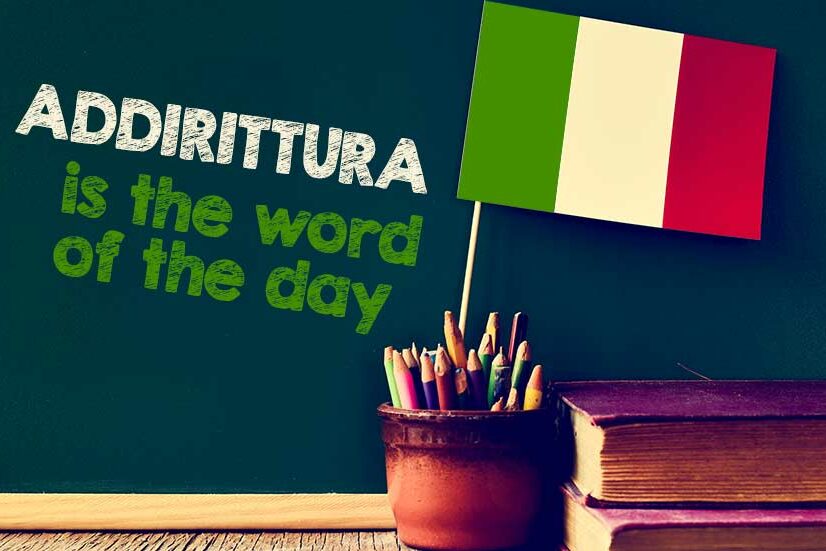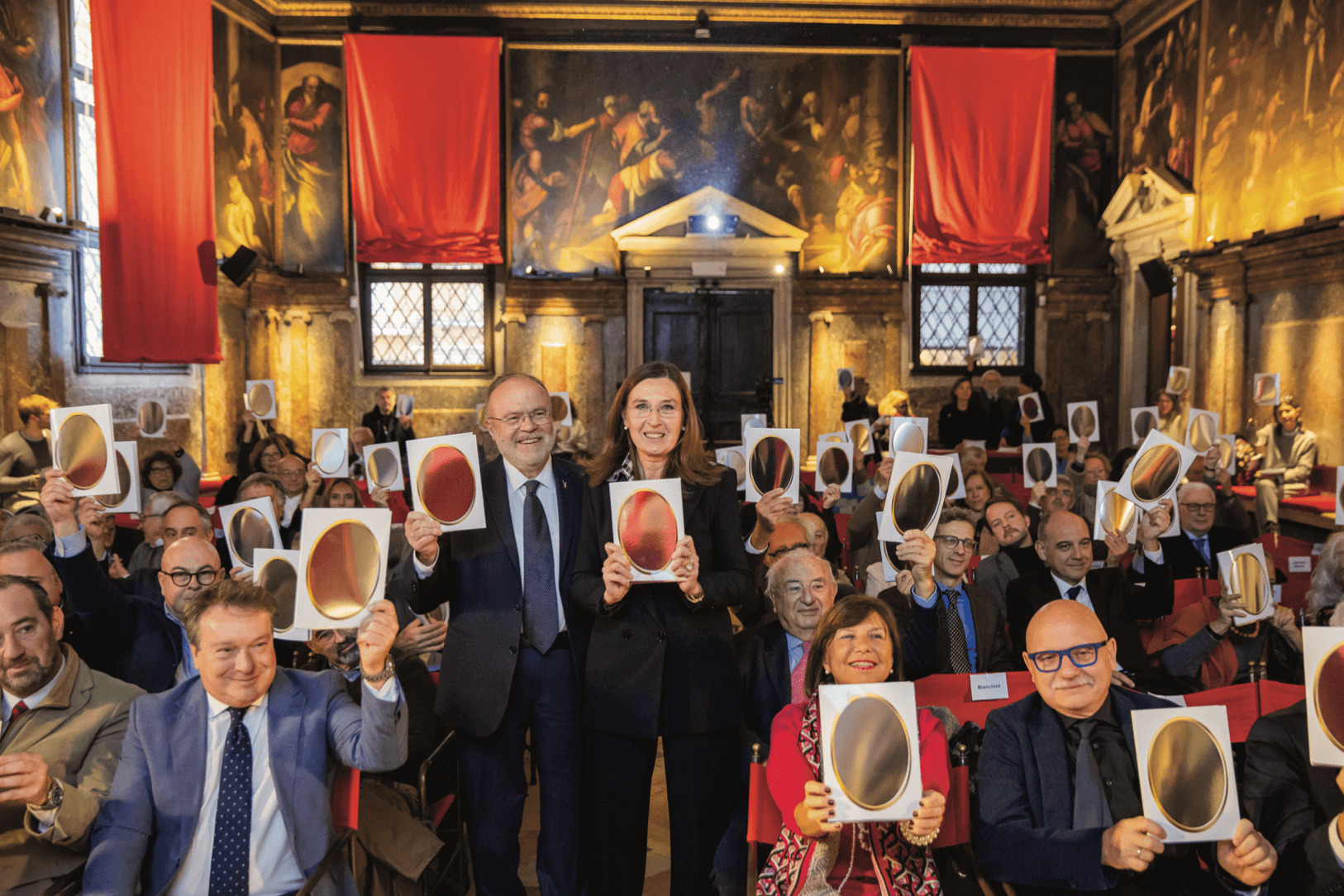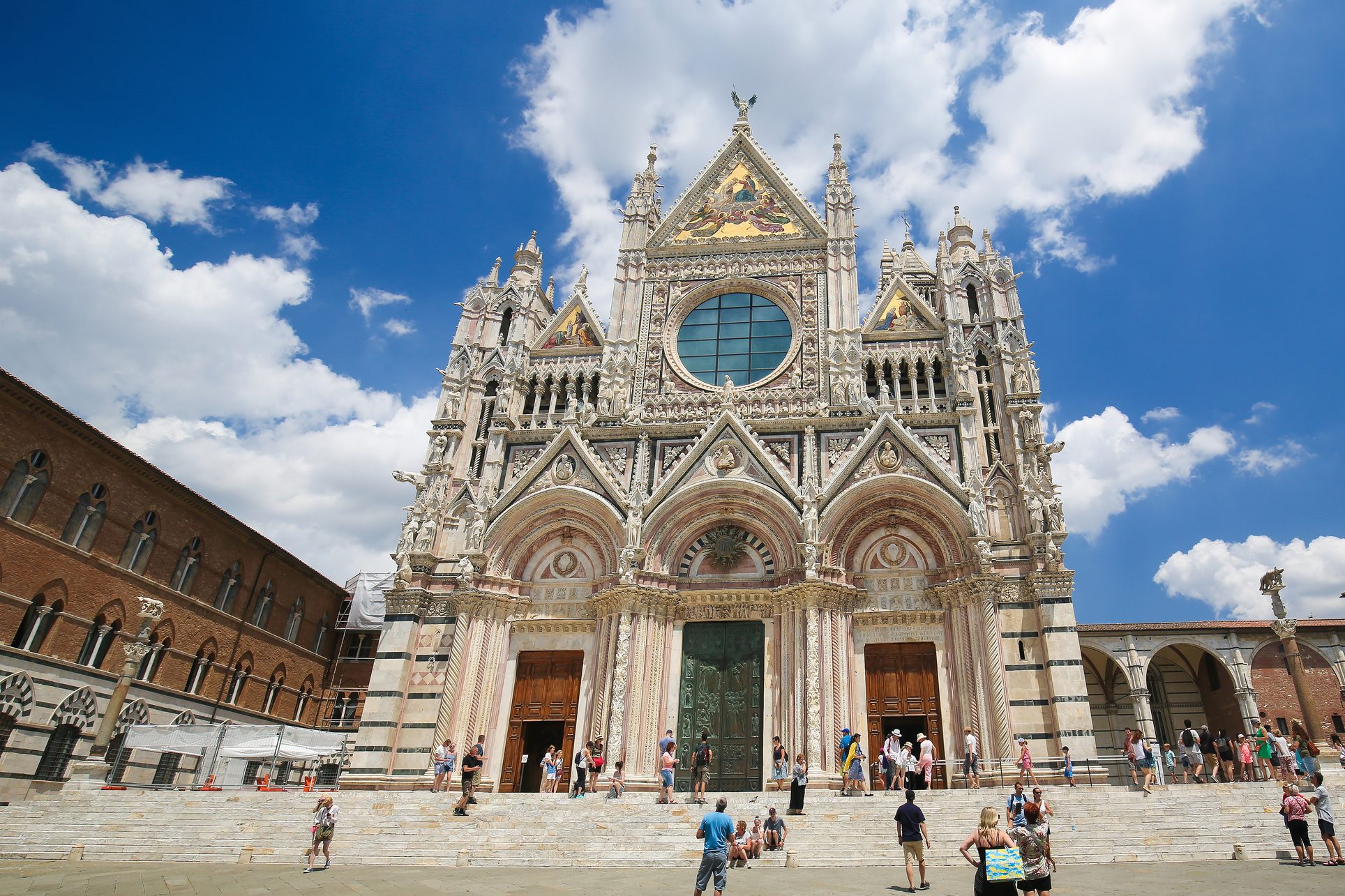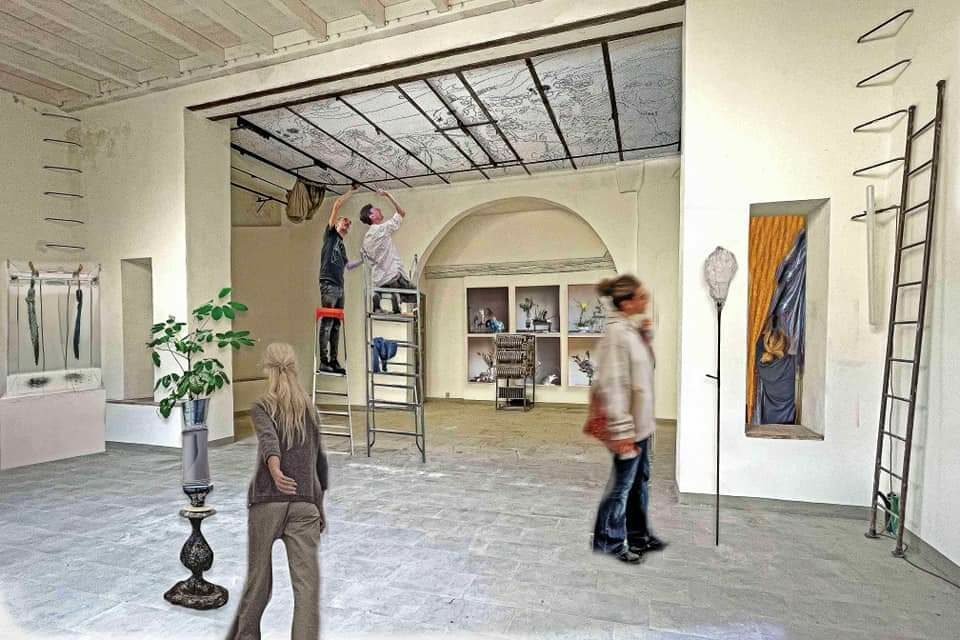Word of the Day
Today’s word is eppure(ai-puh-rai). Eppure comes from the Latin phrase et pūre, which means “and even so.” This phrase was composed of the conjunction et, meaning “and,” and the adverb pūre, meaning “purely” or “truly.” Over time, it evolved into the word eppure in Italian and gained …
Our word this week, chiacchiere(kiahk-kieh-rai) is both pleasant and tasty, and it is also very much in line with the time of the year we are in, Carnevale. It is the plural form of chiacchiera, which comes from the verb …
Today’s word is caspita (cah-spee-tah), a common exclamation you have probably heard quite often from your Italian friends and relatives. It wants to express surprise and sometimes even sadness or resentment. In English, you can simply translate it with “woah” or “wow,” …
Today’s word is addirittura(ad-dee-riht-too-rah). It is a fascinating term with a rich history and evolving meaning. Addirittura, originally, was spelled “a dirittura” and was used to say that an action was taking place immediately. Back in the day, then, you …
Troppo (trohp-poh) is a very common Italian word that we can translate into English as “too much,” or simply as “too.” We use it to indicate something excessive, to the point of becoming negative, just like in the sentence se …
Altrimenti(al-tree-mehn-tee)is a commonly used adverb in Italian, formed by combining the adjective altro, which means “other,” with the suffix –mente, which in Italian is used to form adverbs. The word altrimenti is typically translated into English as “or” or “otherwise,” …
The Italian word sfogarsi (sfoh-gahr-see) carries a pretty deep emotional meaning because, in the realm of emotions and psychology, the act of sfogarsi plays a vital role in interpersonal relationships and self-care. The verb sfogarsi comes from the noun sfogo, meaning “relief” or “outlet,” and it encompasses …
We’ve all met a sapientone (sah-pee-ehn-toh-nai) at least once in our lives, and I am sure I speak for everyone when saying we’d rather never spend time with them again! Sapientone comes from the word sapienza, which means “knowledge” or …
Today’s word, sottosopra (soht-toh-soh-pra) has never been so popular! Sottosopra translates with “upside down” and it is the way Italians call the terrifying alternative universe of an incredibly popular Netflix series set in the 1980s — I am sure I need to …
In the realm of language, few words possess the nuanced grace of our word of the day, insinuare (een-see-noo-ah-rai), which we translate in English as “to insinuate” or “to suggest.” This verb traces its origins back to the Latin verb insinuo, meaning “to introduce” …






































